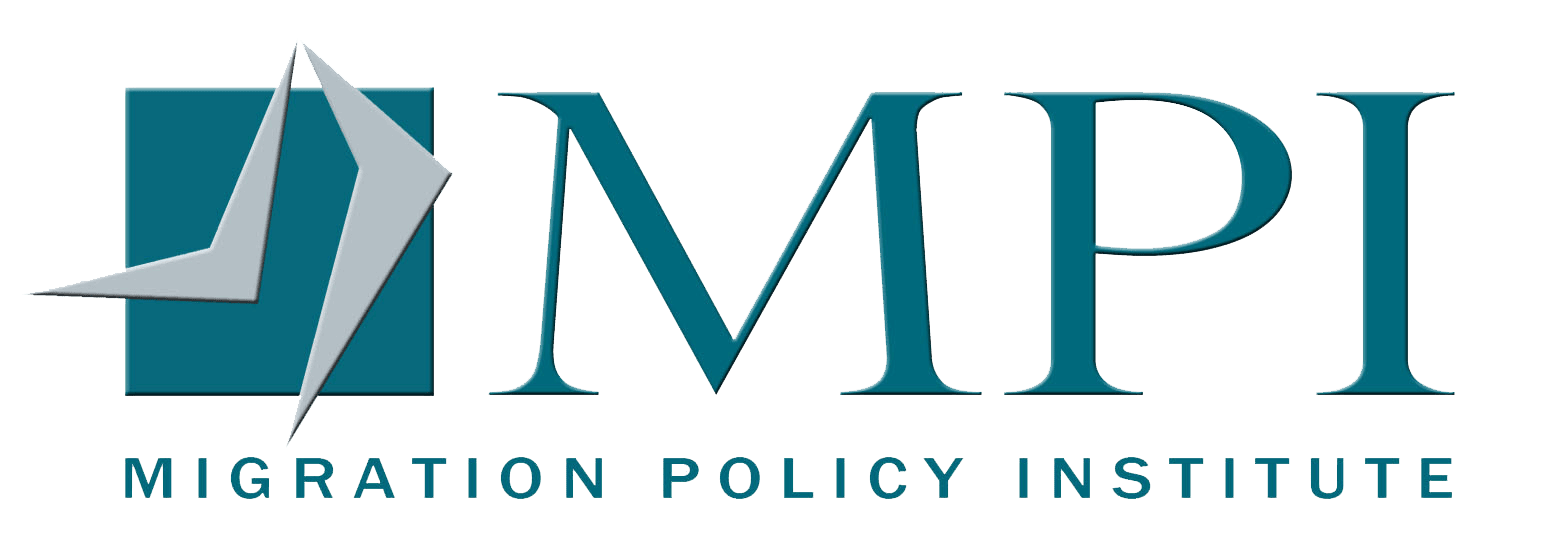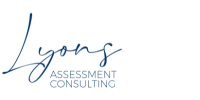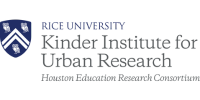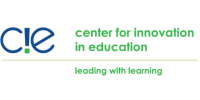The Hub
The K12 Research for Equity Hub
Why Accountability Systems Matter
COVID-19 interrupted student learning and ESSA implementation, creating an opportunity for education leaders to reimagine approaches to assessment and accountability systems under ESSA. More districts and states have led efforts to co-design an accountability model that reflects community priorities for student learning, and pilot innovative approaches to assessment, including through-year assessments and performance-based assessments.
The K12 Research for Equity Hub (The Hub) exists to meet this moment. Managed by EduDream, The Hub is a multi-year actionable research initiative designed to generate evidence that informs national policy dialogue on accountability and assessment systems in K12 education.
Launched in Spring 2022, Cycle 1 focused on three areas: alternative accountability models, innovative assessment approaches, and lived community experiences with current systems. These findings highlighted a need for deeper analysis of state and local accountability systems to understand the successes, challenges, and underlying tensions introduced by ESSA implementation. That’s where Cycle 2 begins.
Understanding Accountability Systems and ESSA
Since the early 2000s, federal law has required states to establish accountability systems: a set of policies and measures to evaluate school performance and support student learning.
These systems rely on indicators such as standardized test scores, chronic absenteeism, school climate, and student well-being to: Identify schools in need of support, hold institutions responsible for student outcomes, an provide transparency to families, communities, and education leaders.
In 2015, the reauthorization of the Every Student Succeeds Act (ESSA) shifted power back to states, allowing them to redesign accountability, assessment, and educator evaluation policies. ESSA encouraged states to move beyond test scores by adding new indicators such as: Chronic absenteeism, measures of college and career readiness, 9th grade on-track for high school graduation, ad school climate.

Bellwether
Bellwether led an examination of new through-year testing structures piloted in four states: Delaware, Florida, Nebraska, and Texas. They elevate perspectives of assessment directors, district leaders, and parents regarding how the tests work for students, families, and educators.

The Migration Policy Institute
The Migration Policy Institute studied state accountability system implications for English language learners. They examined schools' expectations of English Learners’ language growth in language proficiency and academic content areas.

Choice-filled Lives Network
Choice-filled Lives Network's research focused on human-flourishing design principle accountability considerations. They looked into the correlation between human-flourishing design principles and practices in schools and students' well-being and academic success.

Education Analytics
Education Analytics studied early warning systems in school accountability systems. Their report focuses on gaining an understanding of how incorporating predictive analytics and measures from early warning systems into school accountability systems is helpful to teachers, school administrators, students, and parents.

Lyons Assessment Consulting
Partnering with the Wisconsin Center for Education Products and Services and KnowledgeWorks Research Team
At the federal level, Lyons Assessment Consulting evaluated the compatibility of a fully performance-based assessment system with federal requirements related to comparability and alignment. Their research on the Portfolios of Performance (PoP) Pilot, led by the Massachusetts Consortium for Innovative Educational Assessment (MCIEA), informs federal policy recommendations and provides lessons for states seeking to innovate their statewide assessment systems.
They found that PoP assessments have a strong potential to meet federal requirements, and provide concrete recommendations on how to strengthen state summative assessments.

Houston Education Research Consortium
A research center of the Kinder Institute for Urban Research at Rice University
At the state level, the Houston Education Research Consortium analyzed changes to Texas’ accountability system, focusing on how students are deemed college- career- or military-ready. The study highlights how historically underrepresented and underserved student groups are affected by evolving accountability measures. While the accountability system prioritized transparency, rigor, and understanding of the metrics, it encountered challenges to its implementation due to internal and external factors, such as the COVID-19 pandemic and insufficient supports to address persistent readiness gaps. Read their actionable recommendations on how states can strengthen and formalize their accountability systems and close persistent readiness gaps.

Center for Innovation in Education
Partnering with the University of Kentucky
At the district level, the Center for Innovation in Education examined Kentucky’s Allen County Schools (ACS) co-design processes in its new performance assessment system and community-facing accountability dashboard. The study identifies processes for inclusive design within accountability systems, and provides recommendations on how to redesign systems that gain stakeholder buy-in.

Funding
Funding for The Hub is provided by the Bill & Melinda Gates Foundation and the Walton Family Foundation. Hub research will be conducted in collaboration with EduDream as The Hub’s coordinator and selected research teams. No personnel from the Bill & Melinda Gates Foundation, nor the Walton Family Foundation will participate in the creation of Hub research. The findings and conclusions contained within Hub research deliverables will be those of the authors and will not necessarily reflect the positions and/or policies of the Bill & Melinda Gates Foundation or the Walton Family Foundation.


Reimagining the future of K12 assessment and accountability
The Hub research explores the strengths, limitations, and policy implications of reimagining K12 education assessment and accountability systems that improve student learning experiences, and close student achievement and opportunity gaps.







